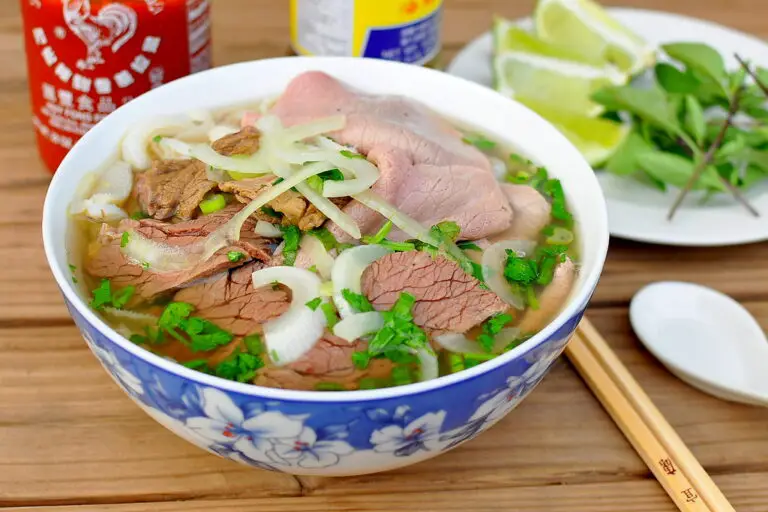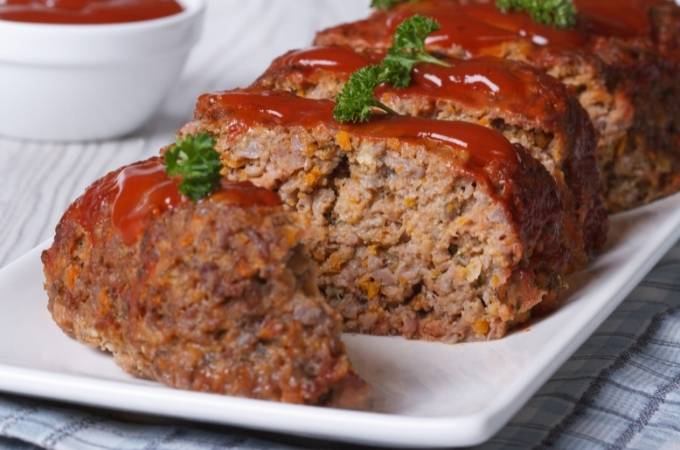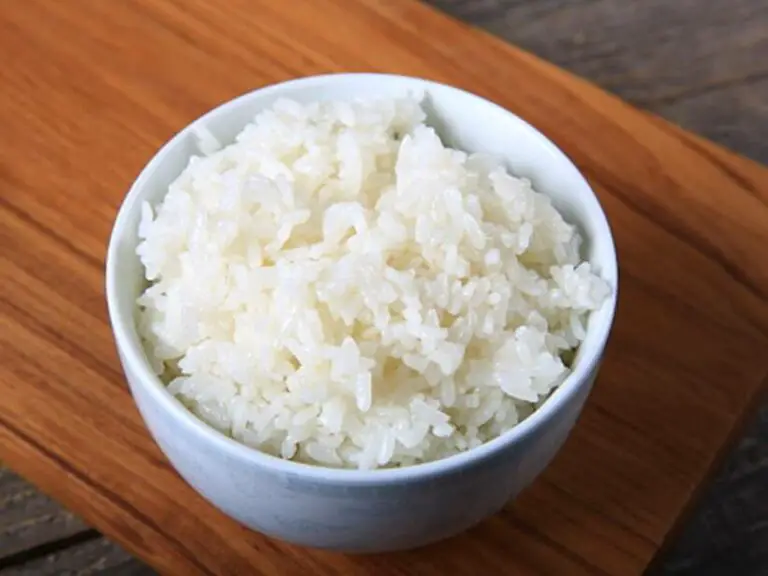When it comes to cooking salmon, many people wonder how much weight it actually loses during the cooking process. Is the weight loss significant? Does it affect the calorie content of the fish? In this article, we will explore these questions and provide you with the information you need to understand the changes that occur when salmon is cooked.
Key Takeaways:
- Cooked salmon may lose some weight due to water and fat loss during the cooking process.
- The caloric content per ounce of cooked salmon may be slightly higher compared to raw salmon.
- However, the total calorie amount remains the same regardless of whether the salmon is measured raw or cooked.
- Measuring salmon raw is generally recommended for more precise results.
- If weighing cooked salmon, there are guidelines to convert between raw and cooked weights.
Does Cooking Change the Calories in Salmon?
Cooking does not change the total calorie content of salmon. The calories remain the same regardless of whether the salmon is measured raw or cooked. However, the weight of the salmon may change due to water and fat loss during the cooking process.
According to the second source, meats, fish, and poultry lose approximately 25% of their weight when cooked. This means that a cooked portion of salmon will weigh less than its raw equivalent. It’s important to consider this weight loss when tracking calorie intake.
To accurately track the calorie content of cooked salmon, one can use conversion guidelines. The third source provides a conversion table that suggests dividing the cooked weight by 0.75 to estimate the raw weight equivalent. This allows for a more precise measurement of calorie intake, especially when dining out or purchasing pre-cooked salmon.
Does Cooking Change the Calories in Salmon?
**Table: Raw vs. Cooked Weight and Calorie Content of Salmon**
| **Measurement** | **Raw Weight** (ounces) | **Cooked Weight** (ounces) | **Calories** (per ounce) |
|———————|———————–|—————————-|————————–|
| Example Portion 1 | 9.63 | 8.63 | 58 |
| Example Portion 2 | 6.25 | 5.63 | 60 |
| Example Portion 3 | 7.81 | 7.13 | 55 |
By understanding the impact of cooking on salmon weight and using conversion guidelines, you can ensure that your calorie tracking is accurate and reflective of your dietary goals. Whether measuring raw or cooked salmon, it’s important to be mindful of the weight loss and adjust accordingly for precise nutritional tracking.
Measuring Raw vs Cooked Salmon
When it comes to measuring salmon, it is generally recommended to measure it raw for more accurate results. The raw weight provides a more precise measurement, taking into account the variations in cooking methods and the potential loss of water and fat during the cooking process. However, there may be situations where it is more practical to weigh the salmon after cooking.
If you find yourself needing to measure cooked salmon, there are guidelines available to help convert between raw and cooked weights. According to the third source, meats, poultry, seafood, and potatoes lose approximately 25% of their weight when cooked. By dividing the cooked weight by 0.75, you can estimate the equivalent raw weight. This can be particularly useful when dining out or purchasing pre-cooked salmon, as it allows you to track your calorie intake more accurately.
It’s important to note that while measuring raw salmon is generally recommended, using the converted cooked weight can still provide valuable information for tracking purposes. By understanding the conversion guidelines and being mindful of the potential weight loss during cooking, you can make more informed choices and maintain better control over your calorie intake. Now, let’s take a look at a practical example of the conversion process in the table below.
| Raw Weight (ounces) | Cooked Weight (ounces) | Converted Raw Weight (ounces) |
|---|---|---|
| 10 | 7.5 | 10 |
| 8 | 6 | 8 |
| 12 | 9 | 12 |
Note: The table above showcases a conversion example, where the cooked weight is divided by 0.75 to estimate the raw weight. The converted raw weight remains the same as the original raw weight.
Tips for Weighing Cooked Salmon
When it comes to weighing cooked salmon, there are practical tips that can help ensure accurate measurements for tracking purposes. While weighing food before cooking is generally recommended for better accuracy, there may be situations where weighing cooked salmon is more convenient. Here are some tips to consider:
- Use conversion guidelines: If you find yourself needing to weigh cooked salmon, you can use conversion guidelines to estimate the raw weight equivalent. The third source provides a table stating that meats, poultry, seafood, and potatoes lose approximately 25% of their weight when cooked. By dividing the cooked weight by 0.75, you can get an estimate of the raw weight. This can be particularly useful when dining out or purchasing pre-cooked salmon.
- Be aware of cooking variations: It’s important to be aware that different cooking methods and recipes may result in varying degrees of water and fat loss. This can affect the final weight of the cooked salmon. Knowing this, it’s a good idea to familiarize yourself with the specific cooking variations you’re using and adjust your measurements accordingly.
- Consider portion control: If you’re concerned about portion sizes when dining out, weighing cooked salmon can be helpful for tracking your calorie intake. By using the conversion guidelines mentioned earlier, you can input the correct raw weight into your tracking tools, ensuring you’re accounting for the right amount of calories consumed.
Sample Conversion Table
| Cooked Weight | Raw Weight Equivalent |
|---|---|
| 4 ounces | 5.33 ounces |
| 6 ounces | 8 ounces |
| 8 ounces | 10.67 ounces |
It’s important to note that weighing food accurately can help prevent under-reporting or over-reporting of calorie intake, which can affect progress towards your health and fitness goals. By being mindful of these tips, you can ensure more accurate measurements when it comes to weighing cooked salmon.
Understanding the Impact of Cooking on Salmon
When it comes to cooking salmon, it’s important to understand the impact it has on the weight of the fish. As mentioned earlier, cooking causes water loss in salmon, which results in a reduction in weight. For example, a raw salmon fillet weighing 9.63 ounces may shrink down to 8.63 ounces after cooking, as mentioned by the first source. This reduction in weight is mainly due to the loss of water during the cooking process.
However, it’s crucial to note that this weight loss does not affect the overall calorie content of the salmon. The second source explains that the water loss does not have any significant impact on the caloric and macronutrient values of the meat or fish. So, while the weight of the salmon may change after cooking, the total number of calories remains the same.
To better understand the impact of cooking on salmon weight, it’s helpful to refer to the conversion guidelines provided in the third source. These guidelines state that meats, poultry, seafood, and potatoes generally lose around 25% of their weight when cooked. By dividing the cooked weight by 0.75, one can estimate the equivalent raw weight. This information is particularly valuable when tracking calorie intake, especially when dining out or purchasing pre-cooked salmon.
| Raw Weight (ounces) | Cooked Weight (ounces) | Weight Loss (%) | |
|---|---|---|---|
| Salmon Fillet | 9.63 | 8.63 | 10.4 |
Considering Raw vs Cooked Calorie Values
When it comes to determining the calorie content of salmon, there is often confusion about whether to use the raw weight or the cooked weight. While the total calorie content remains the same regardless of measurement, there may be variations in the caloric value per ounce. In most cases, it is best to use raw weights whenever possible and adjust for cooking losses as necessary.
Raw measurements are generally more precise due to variations in cooking methods. However, if weighing the salmon after cooking is more practical, there are guidelines to convert between raw and cooked weights. It is important to note that this conversion may not be applicable to all types of meat and fish, as the caloric content can vary significantly.
To determine the raw weight equivalent of cooked salmon, divide the cooked weight by 0.75. This conversion factor accounts for the approximately 25% weight loss that meat, fish, poultry, and potatoes experience during the cooking process. By using this conversion, you can estimate the raw weight and accurately track calorie intake, especially when dining out or purchasing pre-cooked salmon.
While using the cooked weight and nutritional information for cooked salmon may be acceptable in cases where the raw and cooked calorie values are very close, it is always best to err on the side of caution and rely on raw measurements whenever possible. This ensures greater accuracy in tracking calorie intake and staying on track with health and fitness goals.
| Raw Weight (ounces) | Cooked Weight (ounces) | Ratio |
|---|---|---|
| 4 | 3 | 0.75 |
| 6 | 4.5 | 0.75 |
| 8 | 6 | 0.75 |
Weighing Strategies for Different Protein Choices
When it comes to weighing protein choices, it’s important to understand that different types of meat and fish experience weight loss during the cooking process. This weight loss is primarily due to water loss, which can impact the accuracy of your measurements. To ensure accurate tracking of nutritional intake, it’s essential to be aware of the specific weight loss characteristics of the protein choices you’re working with.
The third source in our research provides valuable information on weighing different protein choices. It highlights that red meat, chicken, fish, and prawns/squid all undergo weight loss when cooked. By using the conversion guidelines outlined in the source, you can estimate the raw weight from the cooked weight and vice versa. This knowledge can be particularly useful when planning meals and tracking calorie intake.
Understanding the protein weight loss during cooking is crucial for maintaining accurate measurements. By considering these weight loss factors, you can ensure that your tracking aligns with your health and fitness goals. Whether you’re monitoring your caloric intake or following a specific transformation program, weighing protein choices accurately will help prevent under-reporting or over-reporting of calorie intake and aid in achieving your desired results.
FAQ
How much weight does cooked salmon lose?
Cooking causes salmon to lose water, resulting in a reduction in weight. This can vary, but on average, cooked salmon may weigh approximately 25% less than its raw weight.
Does cooking change the calories in salmon?
No, cooking does not change the total calorie content of salmon. The calories remain the same regardless of whether the salmon is measured raw or cooked.
Should I measure salmon raw or cooked?
It is generally recommended to measure salmon raw for more accurate results. However, if it is more practical to weigh the salmon after cooking, there are guidelines to convert between raw and cooked weights.
What are some practical tips for weighing cooked salmon?
Weighing food before cooking is generally recommended for better accuracy. However, if weighing cooked salmon is more convenient, you can use conversion guidelines to estimate the raw weight.
How does cooking impact the weight of salmon?
Cooking causes salmon to lose water, resulting in a reduction in weight. The extent of weight loss may vary, but on average, cooked salmon may weigh approximately 25% less than its raw weight.
Should I use raw or cooked calorie values for salmon?
The total calorie content of salmon remains the same regardless of whether it is measured raw or cooked. However, the caloric value per ounce may vary slightly due to water and fat loss during the cooking process.
How do I weigh different protein choices accurately?
Different protein choices, including salmon, experience weight loss during cooking due to water loss. Conversion guidelines can help estimate the raw weight from the cooked weight and vice versa.





